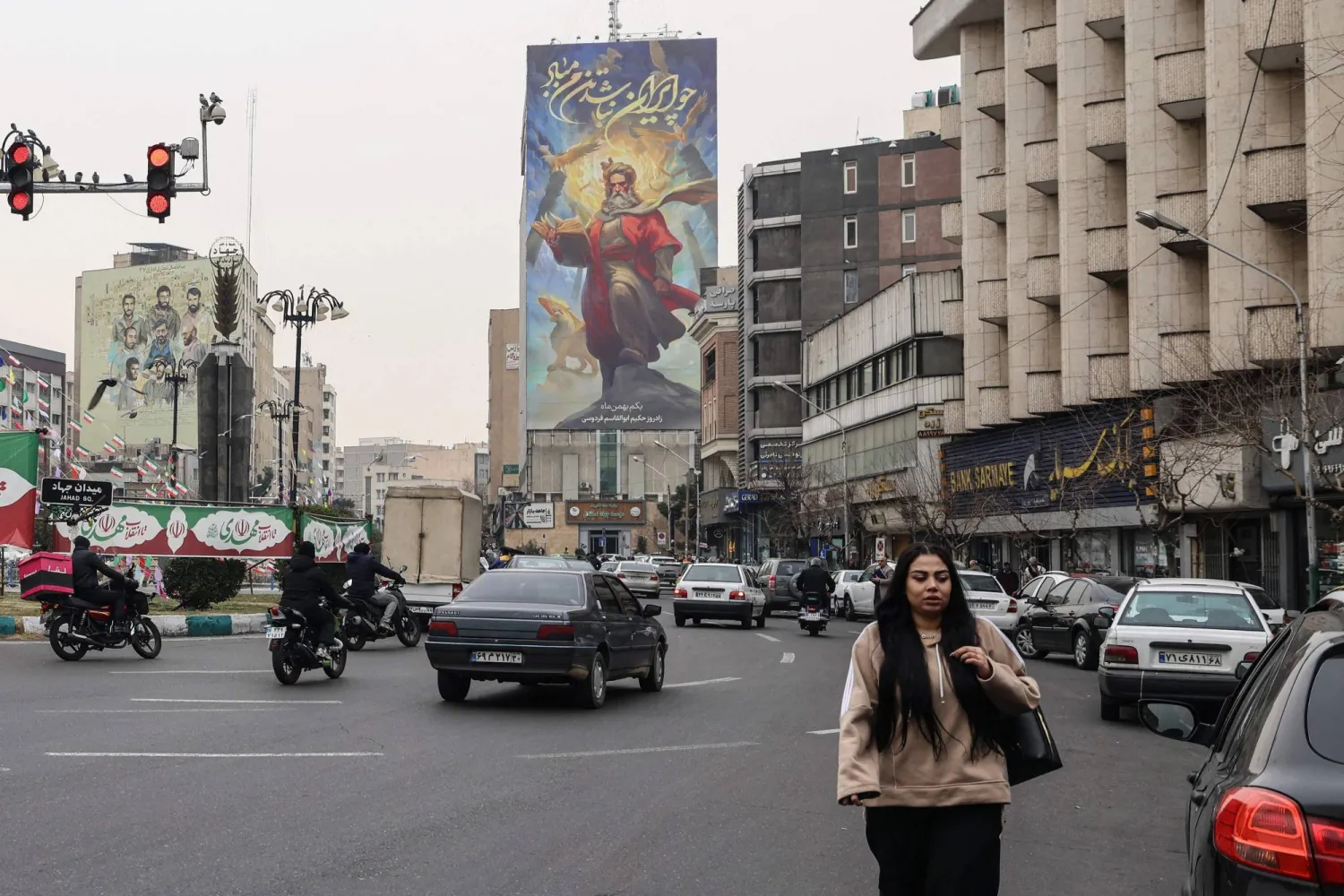Muslim Brotherhood media platforms that broadcast from Turkey are facing obstacles after the website of the el-Sharq channel was shut down.
Observers said the site was closed while no explanations were provided. However, experts in fundamentalist movements in Egypt suggested that the reason for the closure is criticisms directed at Cairo, despite Ankara's warnings, amid efforts to normalize relations between the two countries.
Ayman Nour, the channel owner, announced that the channel's website had been suddenly closed, accusing "unidentified people and piracy companies" of closing the site and hacking his phone.
According to an expert on fundamentalist affairs in Egypt, Khaled al-Zafarani, Turkey is taking accelerated steps towards rapprochement with Egypt, suggesting that the Turkish authorities closed the site.
Several measures have been taken regarding channels and journalists loyal to the Brotherhood who were previously warned not to attack Egypt, said Zafarani.
Last June, media professionals in pro-Brotherhood channels operating from Ankara announced that Turkish officials asked the media to "completely stop" their broadcast via satellite or social media platforms.
Zafarani told Asharq Al-Awsat that Turkey has taken previous steps against channels supporting the organization and will take other steps in the future.
He noted that elements loyal to the organization are worried about their presence in Turkey, especially with the rapprochement with Egypt.
Expert on fundamentalist affairs in Egypt, Ahmad Ban told Asharq Al-Awsat that disagreements between London and Istanbul leaders would increase division.
Some elements in Turkey are still insulting Cairo through their channels, websites, and social media pages, despite warnings from Ankara.
Last April, Egyptian Foreign Minister Sameh Shoukry avoided questions about Egypt's request to shut down pro-Brotherhood channels.
Shoukry said that Turkey's suspension of those channels is a "positive development."
He said this shows Ankara's interest in moving to a phase of political openness, which he hopes will lead to further positive action.
Egypt and Turkey held their first rounds of exploratory talks in Cairo last May, which representatives of the two countries described as "frank and in-depth." The second was in Ankara last September.
The two parties agreed to continue consultations and affirmed their desire to progress.
Last October, Turkish Foreign Minister Mevlut Cavusoglu said that the dialogue between Ankara and Cairo has been ongoing since efforts kicked off to mend ties.









